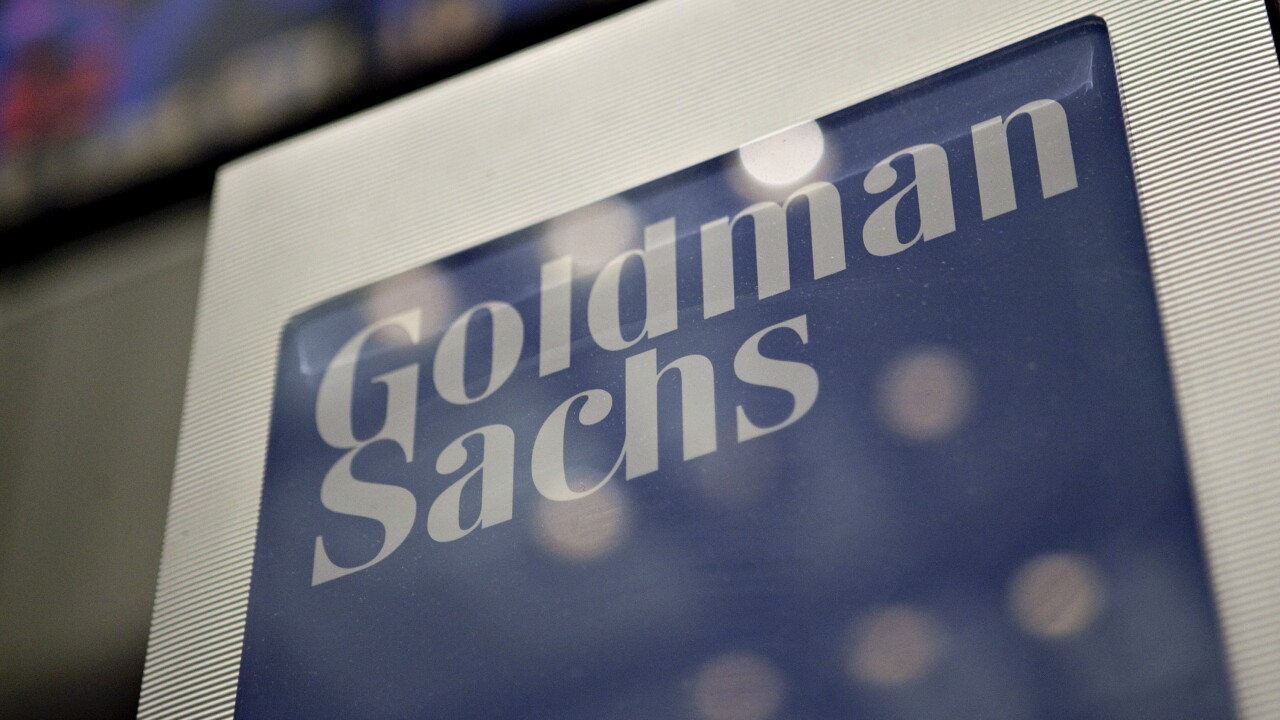The hyper-partisan nature of this last Presidential election was guaranteed to create a long, unhappy hangover for half of the American population, and it created a particular challenge for financial planners and investment advisors. Billions of dollars were spent to tell investors and clients that America is going to hell in a handbasket. People were emotionally invested in the outcome.
The result? Advisors report that some of their clients want to pull all their money out of the markets, envisioning nothing positive happening over the next four years. Some want to move to a different country and revisit the decision after the 2016 elections.
To make matters worse, the press has focused on the so-called Fiscal Cliff negotiations, and the articles inevitably include dire warnings about the consequences of failure, including a $560 billion hit to GDP and a four percentage point reduction in GDP growth, virtually guaranteeing a recession in 2013. Everything depends on Republicans and Democrats sitting down amicably and working out a reasonable solutionbut how likely does THAT look after the tone of the recent election?
The post-election hangover almost certainly accounts for the impulsive selling that took place in the days after November 6, and probably reinforced the idea, in the minds of some, that the dark days have begun.
How does a financial planner cope with your clients potentially destructive impulses? Your best hope is to focus their attention on the bigger picture. Ive recently written a client article, for advisors to share with their clients, which cites a variety of sources that all agree that our nations fiscal problems are far more complicated than the rhetoric we are hearing from politicians, and that it will take thirty years at least for us to dig completely out of the mess were inand the key, of course, is entitlement reform. That means that the problem will have to be addressed, with some consistency, but as many as seven different future presidents, some of whom will undoubtedly come from both sides of the aisle.
But the article also points out that, historically, the investment markets have returned much higher returns under Democratic than Republican Presidential administrationsfor no economic reason that anybody has been able to identify.
The final point that I think advisors can make to their clients is that the decisions made in Washington are actually a very small percentage of the decisions made to grow our economy and national prosperity. Millions of business leaders, key employees, workers of all stripes contribute their efforts and their good decisions every day to their business activities, and the market returns of the future will be driven by this underlying intelligence and industriousness of ordinary people who dont seek the spotlight, who are not quoted in the press, who simply contribute their talent and skills and imaginations and efforts to building the value of their businesses from the ground up.
If youre doing that, if your clients are doing that, then the growth engine that is the American economy can overcome Washington gridlock, partisan bickering and all the negativity of our four-year election cycle. Refusing to participate in that growth is a vote against the hard work put in every day by American business leaders and workersand over time, that has never, not once, been a very smart bet. Chances are, your clients understand this truth at a very deep level, and their contributions to that growth engine, past and future, are part of the story. Touch that, and you touch the optimism that lives inside the disappointment of this election, and the refutation of all the negative advertising and press that surrounds us today.





